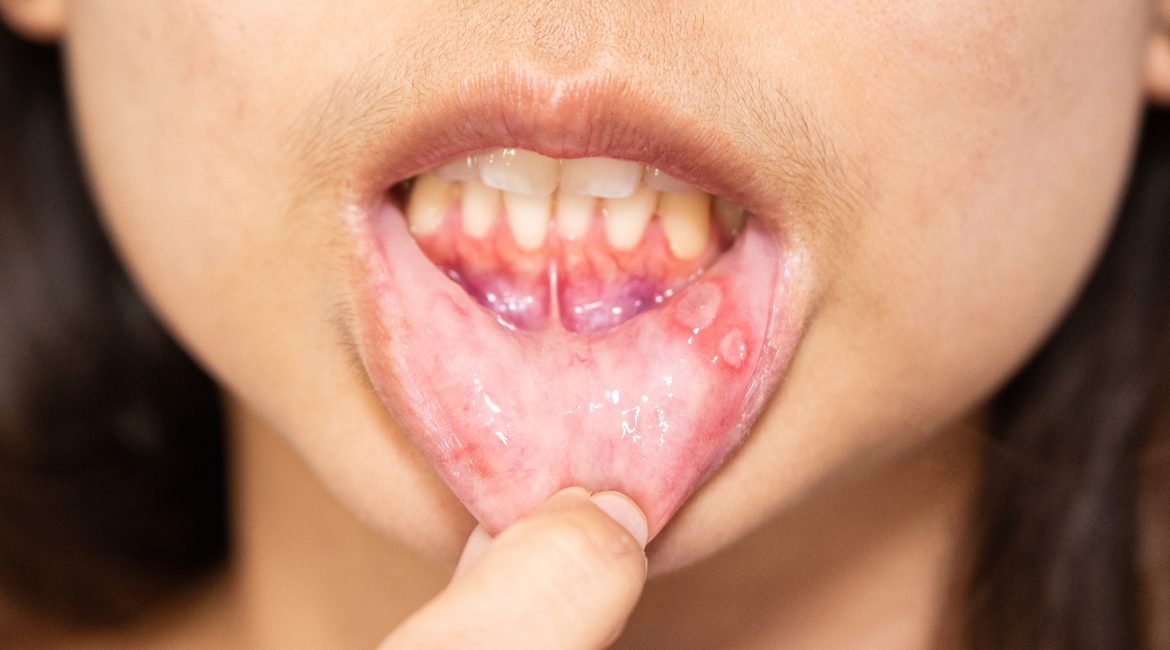Hey there! Let’s talk about something super important for your oral health: gum disease prevention. You might have heard your dentist mention it during checkups, and you might wonder what it’s all about and why it matters so much. Well, gum disease isn’t just about having a nice smile—it’s about keeping your entire mouth healthy and, believe it or not, it can even impact your overall health. So, let’s dive into understanding gum disease and how you can prevent it, especially if you’re in beautiful Vienna, VA.
Gum disease, also known as periodontal disease, is an infection of the tissues that surround and support your teeth. It’s a major cause of tooth loss in adults, but the good news is that it’s largely preventable. The main culprit behind gum disease is plaque, a sticky film of bacteria that constantly forms on your teeth. If plaque isn’t removed by brushing and flossing, it can harden into tartar, which only a dental professional can clean off. The buildup of plaque and tartar can lead to inflammation of the gums, known as gingivitis, which is the earliest stage of gum disease. You might notice your gums are red, swollen, and bleed easily when you brush or floss. At this stage, gingivitis is still reversible with good oral hygiene and regular dental cleanings.
If gingivitis isn’t treated, it can advance to periodontitis, which is a more serious form of gum disease. In periodontitis, the gums pull away from the teeth and form spaces, or pockets, that become infected. The body’s immune system fights the bacteria as the plaque spreads and grows below the gumline. The toxins produced by the bacteria, along with the body’s response to the infection, start to break down the bone and connective tissue that hold teeth in place. If untreated, periodontitis can lead to loose teeth or even tooth loss. It sounds pretty alarming, but the key is that periodontitis can often be managed or even reversed with the right care and treatment.
Several factors can increase your risk of developing gum disease. Poor oral hygiene is the most common cause, but smoking or using tobacco products, having a family history of gum disease, and certain health conditions like diabetes can also contribute. Hormonal changes, such as those occurring during pregnancy or menopause, can make gums more sensitive and susceptible to disease. Some medications can reduce saliva flow, which helps protect your gums and teeth, or cause abnormal growth of gum tissue. Even stress can affect your gums by weakening your immune system and making it harder for your body to fight off infections.
So, what can you do to prevent gum disease? It all starts with good oral hygiene. Brushing your teeth twice a day with fluoride toothpaste helps remove plaque from the surface of your teeth. Don’t forget to brush your tongue, which can also harbor bacteria. Flossing daily is crucial because it removes plaque and food particles from between your teeth and under the gumline where your toothbrush can’t reach. Using an antimicrobial mouthwash can help reduce bacteria and freshen your breath. Eating a balanced diet, rich in vitamins and minerals, supports your immune system and helps keep your gums healthy. Avoiding tobacco products is also essential, as smoking is a significant risk factor for gum disease.
Regular dental checkups are a vital part of preventing gum disease. Your dentist can spot early signs of gum disease and provide professional cleanings to remove tartar that you can’t remove at home. If you have gingivitis, your dentist can advise you on improving your oral hygiene routine and schedule more frequent cleanings to help reverse the condition. If you have periodontitis, your dentist might recommend more intensive treatments such as scaling and root planing, which is a deep cleaning procedure that removes plaque and tartar from below the gumline and smooths the tooth root to help the gums reattach to the tooth.
Managing stress is another important aspect of preventing gum disease. Stress can weaken your immune system and make it harder for your body to fight off infections, including those that affect your gums. Finding healthy ways to manage stress, such as exercising, meditating, or talking to a friend, can benefit your overall health, including your gum health.
It’s also worth noting that good oral hygiene and regular dental visits aren’t just about preventing gum disease. There’s a growing body of research linking gum disease to other serious health problems, such as heart disease, stroke, and diabetes. Taking care of your gums can contribute to better overall health and well-being.
If you already have gum disease, don’t lose hope. There are effective treatments available, and with the right care, you can manage the condition and keep your smile healthy. Your dentist might prescribe medications to help control infection or inflammation, or recommend surgical treatments in more advanced cases. The key is to catch gum disease early and follow your dentist’s advice for treatment and home care.
In summary, understanding gum disease and how to prevent it is crucial for maintaining a healthy smile and overall well-being. By practicing good oral hygiene, eating a balanced diet, avoiding tobacco, managing stress, and visiting your dentist regularly, you can keep your gums healthy and prevent gum disease. Remember, your dentist is your partner in maintaining oral health, so don’t hesitate to seek their advice and expertise. Here’s to a lifetime of healthy gums and bright smiles!

